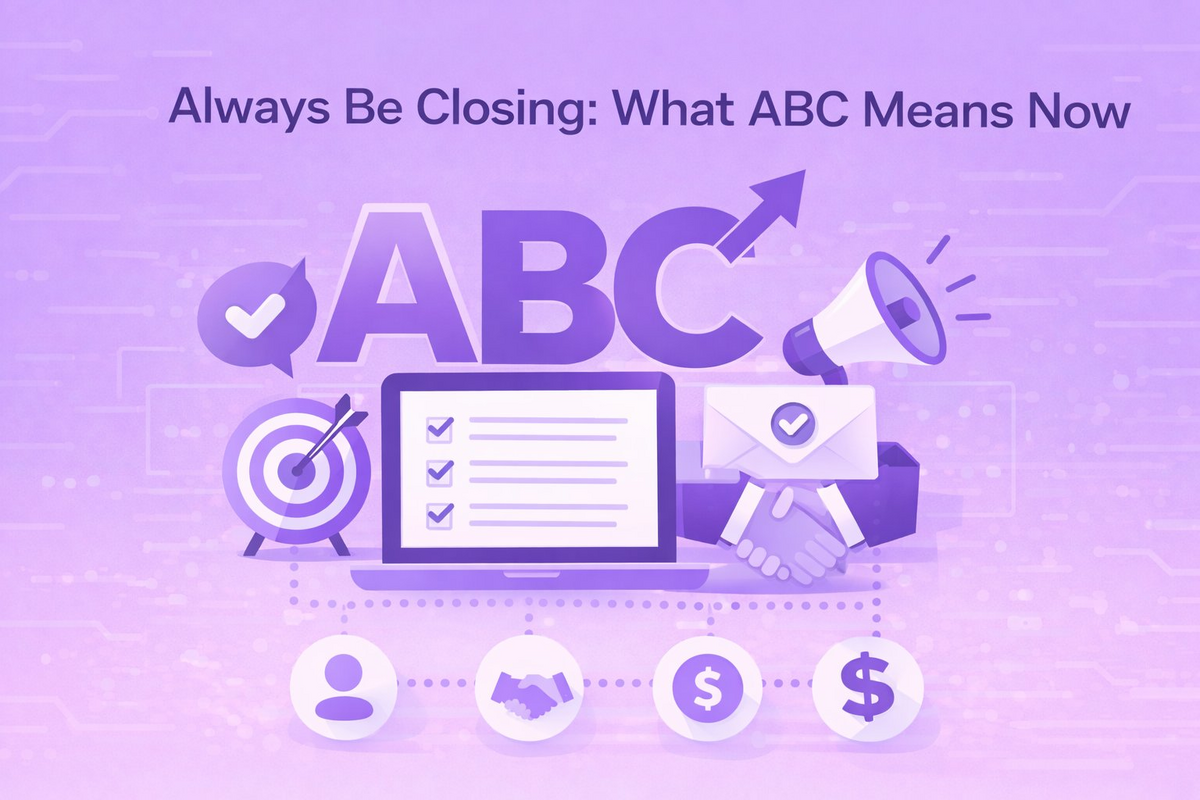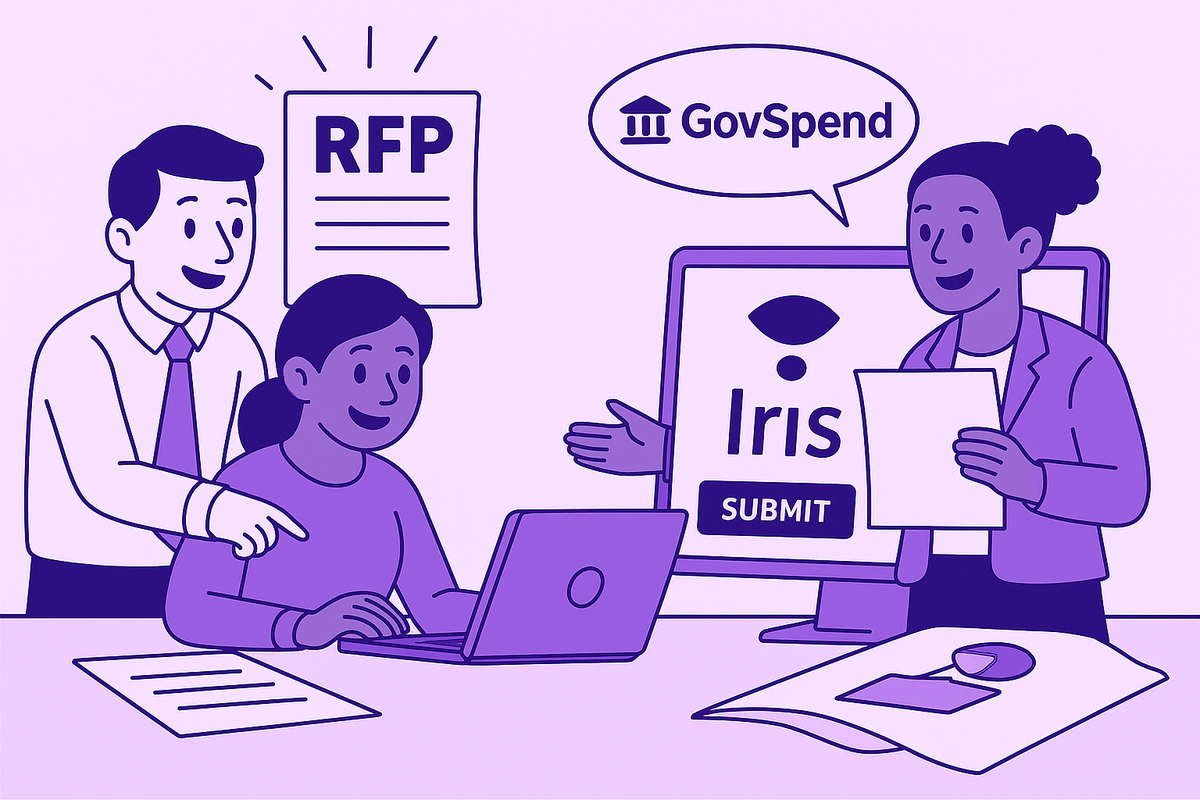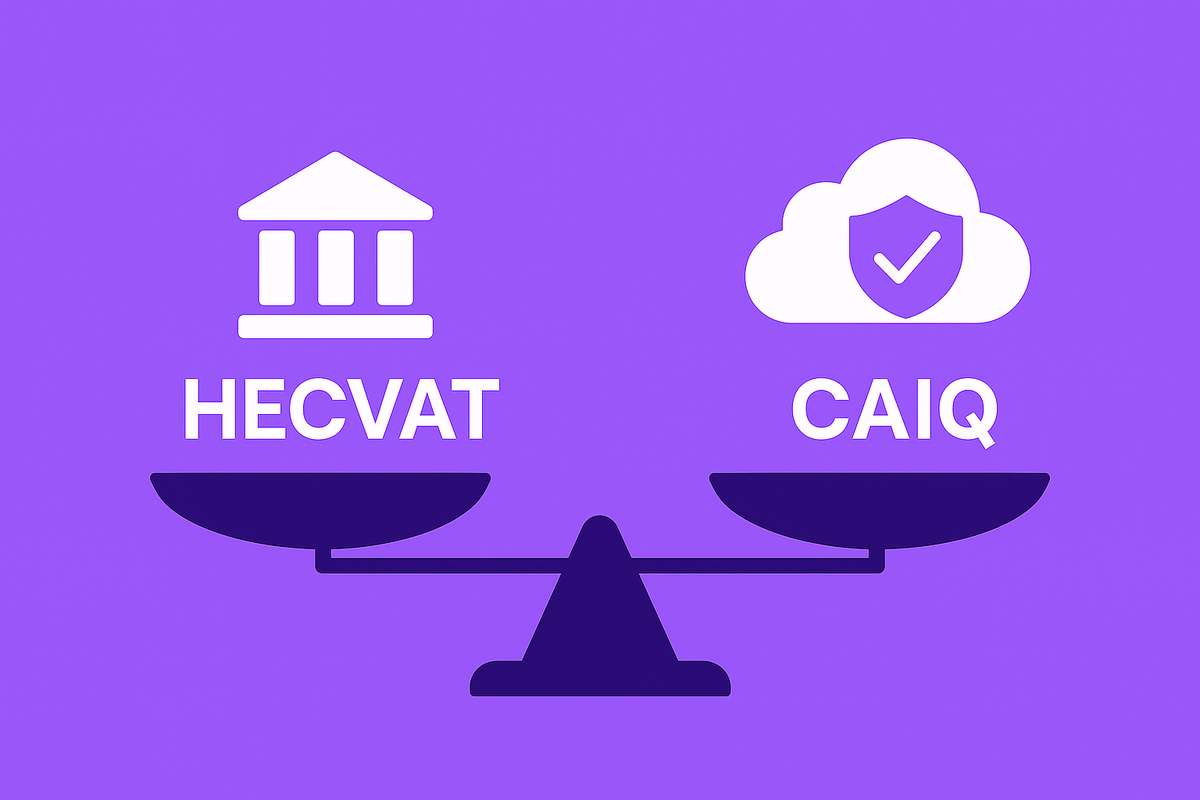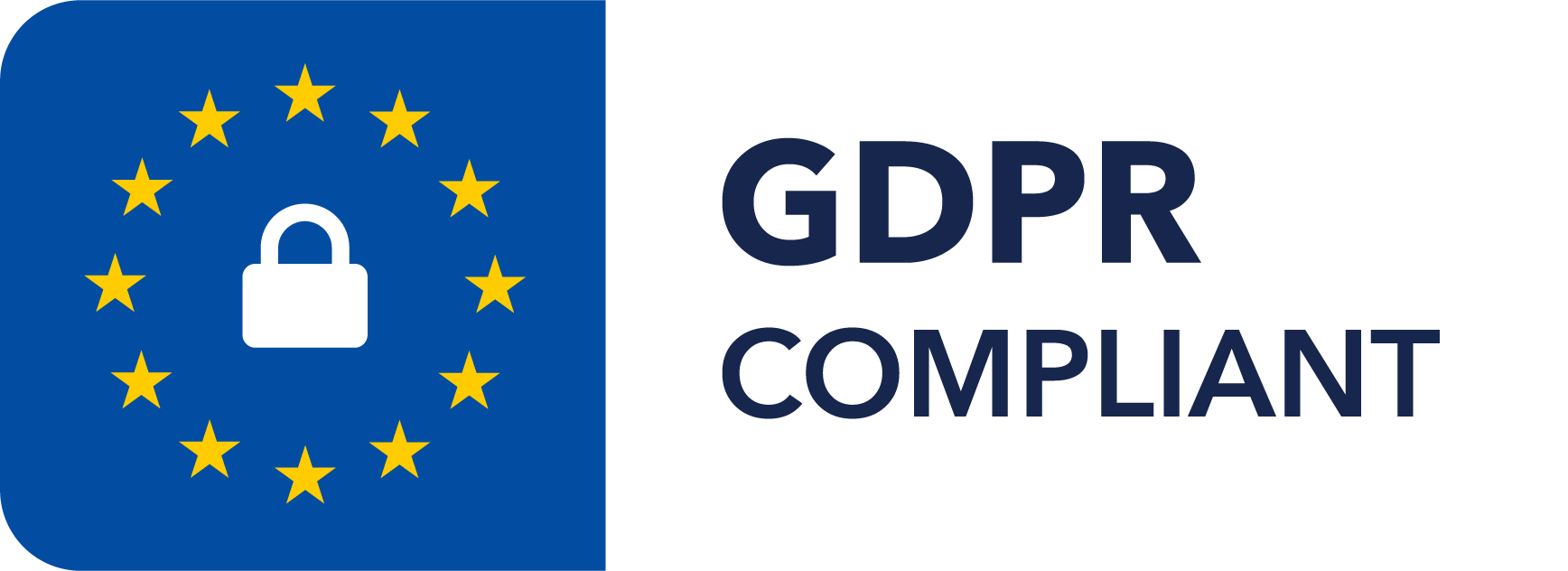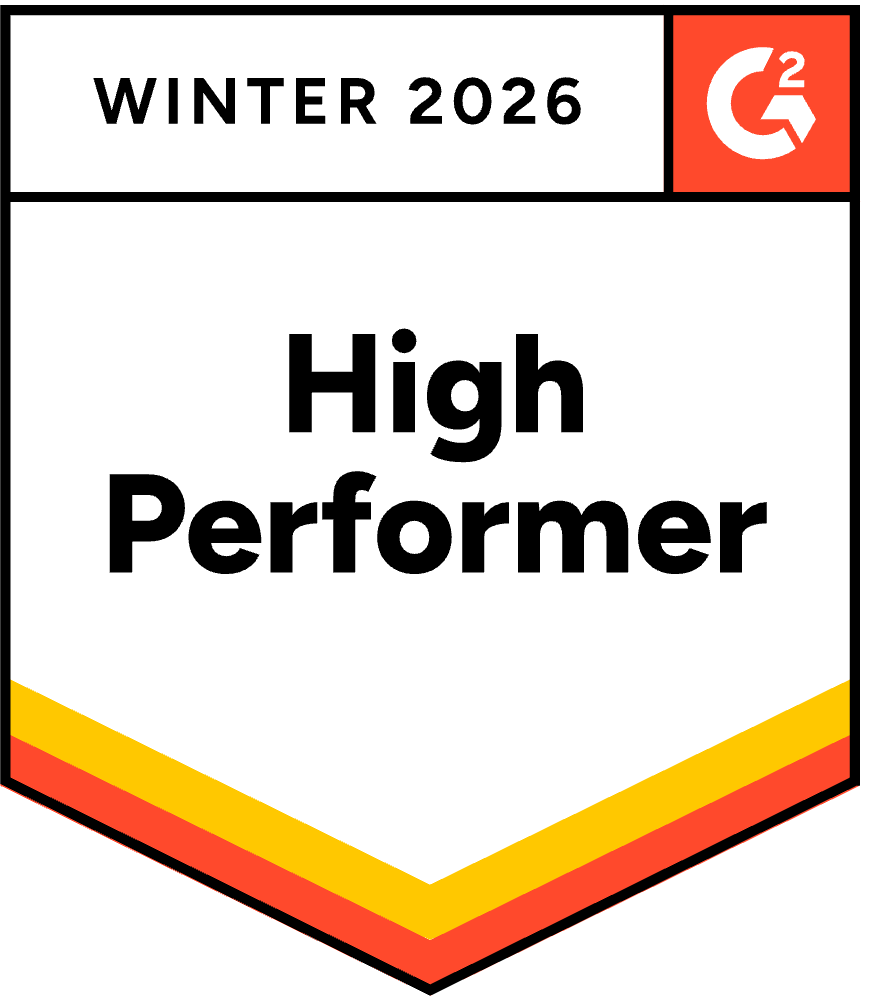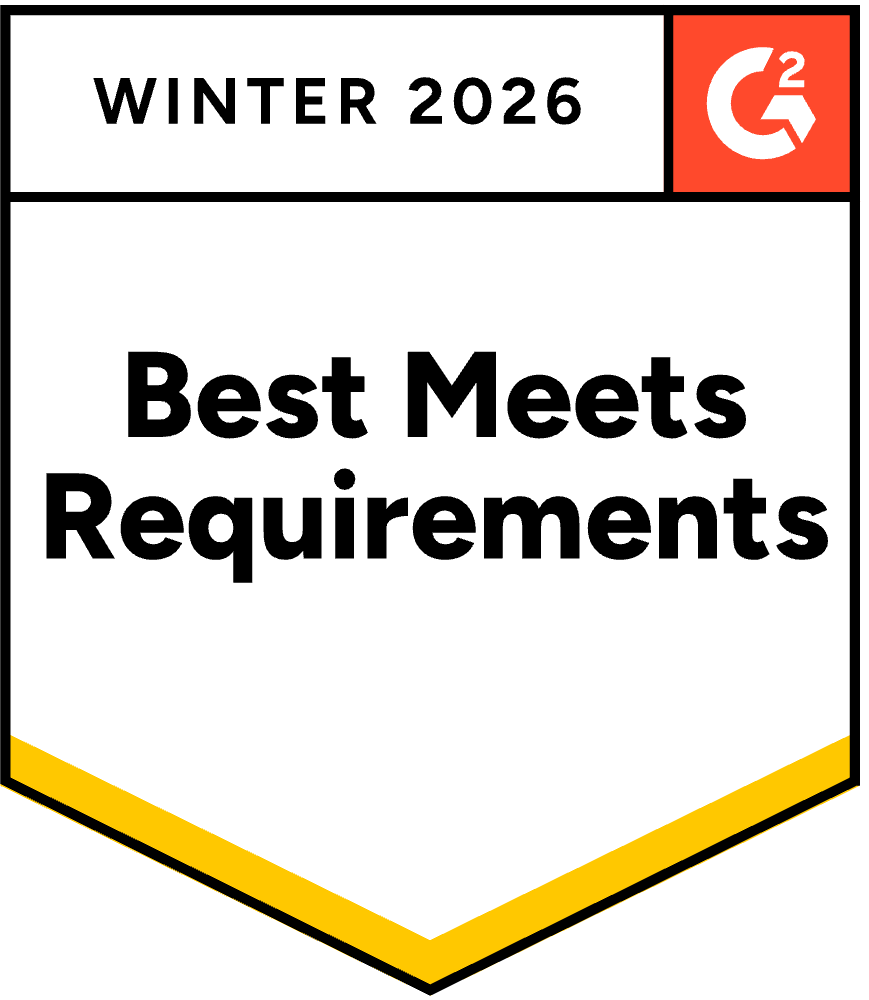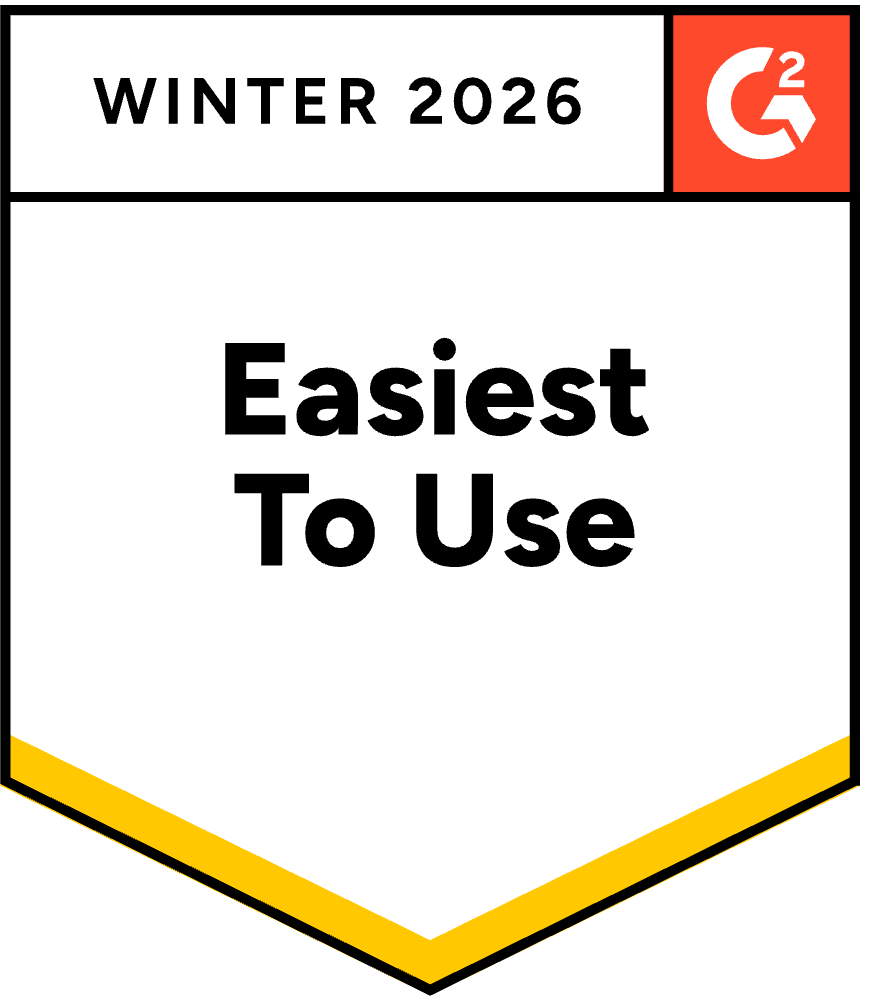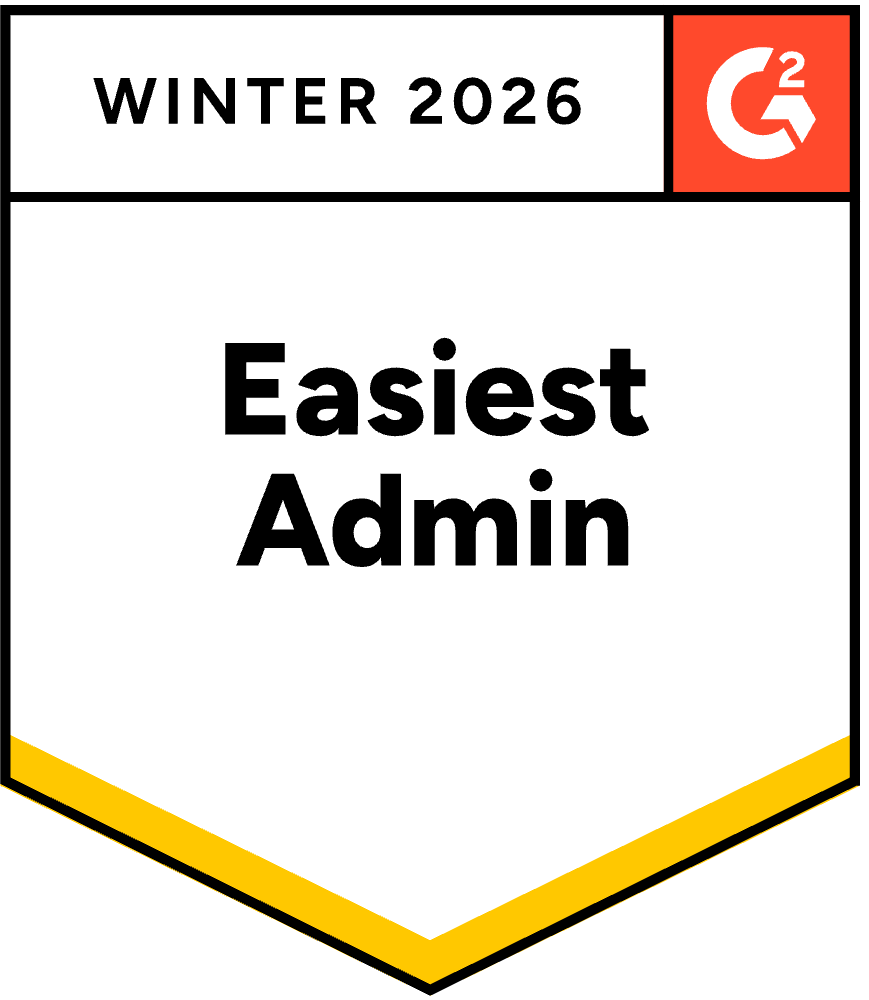Iris: A New RFP and DDQ Response Platform
May 25, 2025
By
Evie Secilmis

Iris Raises $3M to Redefine RFP, Security, and Compliance Workflows
We’re proud to share that Iris has raised $3 million in seed funding, led by Florida Funders with participation from Naples Technology Ventures and their extended investment network.
This milestone will help us accelerate how legal, security, and sales teams tackle complex questionnaires, procurement workflows, and high-stakes documentation—without the copy-paste chaos.
Built for the Work That Can’t Be Wrong
Iris isn’t just another automation tool. It’s an AI-powered knowledge platform designed for teams under pressure to be fast, compliant, and accurate—every single time.
Instead of relying on static content libraries, Iris dynamically generates tailored responses from your approved internal documents. That means faster turnaround times, tighter compliance, and fewer hours spent chasing down answers.
With Iris, teams can:
- Turn scattered files into searchable, structured Knowledge Maps
- Auto-generate RFP, DDQ, and procurement responses with confidence
- Assign and track reviews across departments with tagging and smart notifications
- Work directly in Chrome, Slack, Salesforce, or Iris—no process disruption
The Bigger Picture: Why This Market Is Exploding
The RFP and security documentation market is transforming faster than ever.
According to Gartner, enterprise buyers now issue 40% more questionnaires per year than in 2020—and those questionnaires are twice as long.
For revenue, legal, and security teams, this has turned compliance and procurement into core revenue infrastructure. Organizations can no longer afford fragmented processes, outdated spreadsheets, or knowledge that lives in silos.
AI is accelerating this shift. The teams that adopt AI-first RFP and knowledge management systems like Iris are:
- Responding 4x faster to opportunities
- Improving response accuracy and brand consistency
- Reducing SME burnout and review cycles by over 50%
As enterprise demand for trustworthy, traceable AI systems grows, Iris is uniquely positioned at the intersection of automation, compliance, and revenue enablement—helping organizations move from reactive documentation to proactive growth.
The Market Opportunity: Why Now Is the Moment for Iris
The RFP and proposal automation market is expanding rapidly—driven by the growing complexity of enterprise sales, compliance requirements, and AI adoption across procurement workflows.
According to recent research, the global RFP software market was valued at $2.28 billion in 2023 and is projected to reach $7.38 billion by 2031, growing at a compound annual growth rate (CAGR) of 15.8%.
(Verified Market Research)
Similarly, Cognitive Market Research places the 2024 global RFP software market at $2.62 billion, forecasting 16.2% CAGR through 2031—underscoring strong, sustained demand for automation tools that streamline response workflows.
(Cognitive Market Research)
In the broader proposal management software market, Fortune Business Insights reports a valuation of $2.33 billion in 2022, expected to reach $5.81 billion by 2030, representing a 12.2% CAGR.
(Fortune Business Insights)
Across these studies, one message is clear:
Enterprise documentation is no longer administrative overhead—it’s a strategic differentiator.
AI-powered platforms are redefining how organizations manage RFPs, DDQs, and security questionnaires by:
- Eliminating repetitive manual tasks
- Increasing compliance accuracy
- Unifying siloed knowledge into searchable, secure repositories
- Accelerating the speed from request to revenue
McKinsey notes that AI and analytics are now “revolutionizing procurement,” helping companies achieve higher visibility, faster decision-making, and stronger supplier alignment across global operations.
(McKinsey & Company)
For Iris, this shift represents a multibillion-dollar opportunity. As procurement, sales, and legal teams converge under new pressures to deliver faster and more transparently, Iris is uniquely positioned to be the central AI layer connecting accuracy, compliance, and growth.
Why Investors Are Backing Iris
Both Florida Funders and Naples Technology Ventures saw what our customers already know: RFPs, security reviews, and compliance documentation are mission-critical—but too often managed with outdated tools and fragmented processes.
This $3M investment will help us grow our go-to-market teams, expand integrations, and continue building AI systems that are trustworthy, traceable, and actually work the way teams do.
Delivering Results Already
At BuildOps, Iris helps sales and proposal teams automate repetitive responses and centralize institutional knowledge—cutting response time while keeping everything compliant and on-brand.
🟣 Read the BuildOps Case Study
At Corelight, security questionnaires that once took days now move faster with AI-generated answers built from their own approved content—with full traceability and audit trails for legal and compliance teams.
🟣 Explore the Corelight Case Study
What’s Next
This round gives us the resources to keep scaling—without compromising the product quality, responsiveness, or customer partnership that have shaped Iris from the start.
To our investors, customers, and community: thank you for helping us reach this milestone.
We’re just getting started.
👉 Book a demo or explore more at heyiris.ai
Resources & Further Reading
- Verified Market Research – RFP Software Market (2023–2031)
- Cognitive Market Research – RFP Software Market Report (2024)
- Fortune Business Insights – Proposal Management Software Market (2022–2030)
- MarketResearch.com – Global RFP Software Trends Forecast (2025–2031)
- McKinsey – Revolutionizing Procurement with Data and AI (2024)
Share this post
Link copied!



